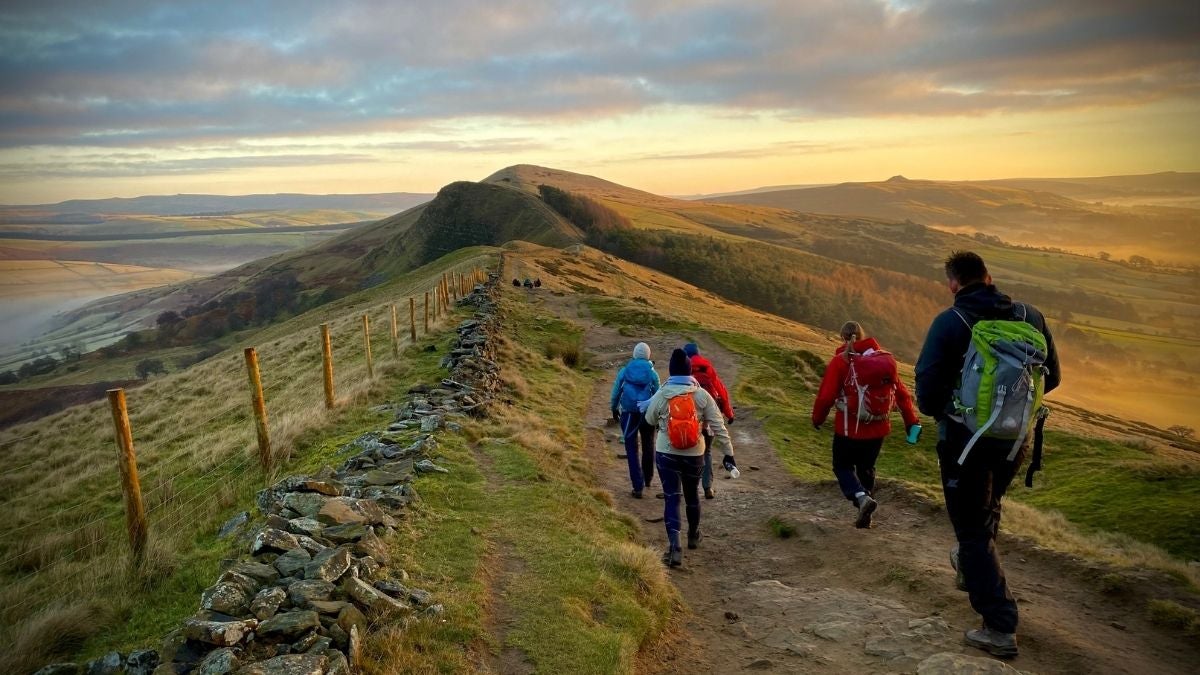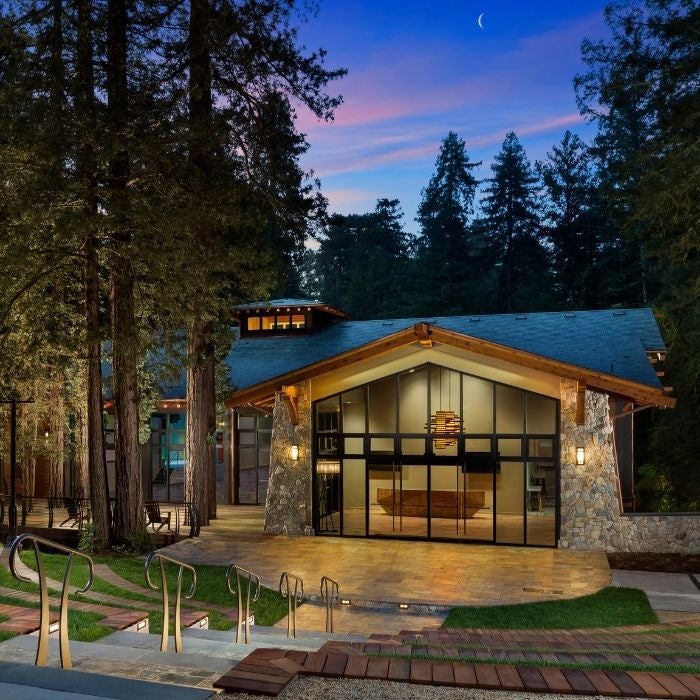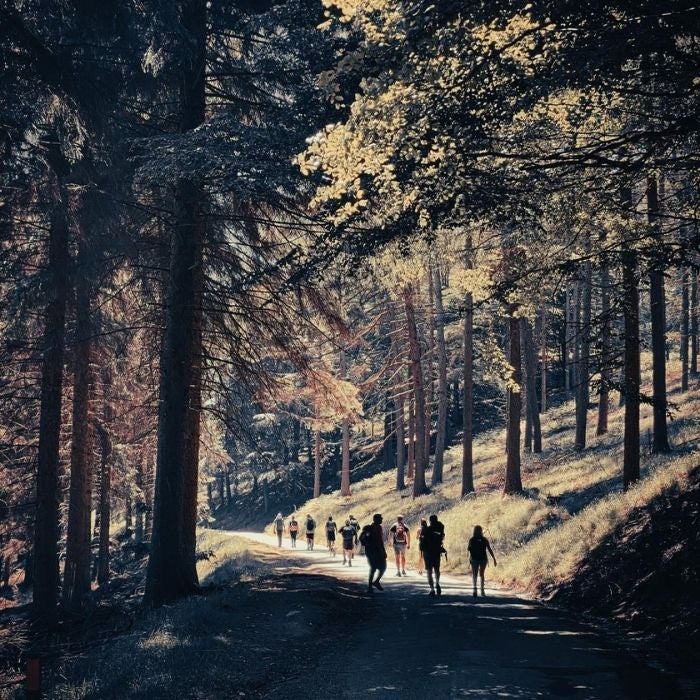
Company culture is a crucial ingredient for effective teamwork and staff retention. Remote working presents new challenges – and demands new solutions.
Over the course of the pandemic, some organisations have seen people join and leave the business without ever meeting their team members in person. Many workplaces will be all too familiar with the challenge of developing effective working relationships over Zoom.
Remote working has made it harder to preserve company culture. It’s an important issue for employees, with 54% of workers willing to walk away from an employer that doesn’t prioritise culture, according to a recent Cezanne HR survey.
Some businesses have attempted to address the issue by encouraging staff back to the office, but forcing this on staff and removing the flexibility they’re now accustomed to can prove just as unpopular.
Solving this challenge will require new solutions. Some organisations are looking beyond the four walls of the office to reinstall the collaborative energy and team spirit that have been missing over the last two years.
Back to nature
For software giant Salesforce, part of the answer is its 75-acre Trailblazer Ranch. The new ‘wellness centre’ has been constructed in Scotts Valley, California, and features a fitness centre, sleeping pods, an outdoor amphitheatre and communal dining area. Employees can partake in nature trails, yoga sessions and cookery classes.
Salesforce president and chief people officer Brent Hyder says colleagues have missed being together and forming connections over the course of the pandemic. “With employees working in a new flexible environment, our physical spaces now serve a different purpose today than they did two years ago, so we needed to find a way to empower our employees to come together safely, connect and collaborate, and grow personally and professionally.”

Although 77% of Salesforce staff said they wanted to meet with their teams in person once more, the company recognises that many people have benefitted from the flexibility of the current working arrangements. “Parents have seen more of their kids, recent graduates moved to affordable cities, and individuals made more time for wellbeing.”
Trailblazer Ranch was conceived as a solution. The aim is for 10,000 of Salesforce’s global employees to visit the ranch and benefit from the facilities this fiscal year. The space was designed around nature and wellbeing and the company hopes it will be a place where colleagues can “forge trusted relationships, learn from one another, get inspired, grow in their career, and give back to the community”.
In the UK, there’s been surging interest in nature-based teamworking sessions. Manchester-based Freshwalks, which facilitates hiking sessions for corporate clients, has seen an 84% increase in demand between 2019 and 2021. Its founder Michael Di Paola thinks this is partly due to the shift to hybrid working.
“Employers and their teams have been looking for a teambuilding format which encourages natural human connection in a safe and healthy way,” he says. “Teams are looking for the opportunity to get away from their desk and get together with colleagues to share new experiences and build their relationships.”

Commercial property business Bruntwood Works has benefitted from such ‘netwalking’ sessions. Director Rob Valentine says the experience is a perfect way to create a more meaningful relationship with colleagues.
“There’s a quality to the conversation that you just can’t achieve on video calls, which has brought immeasurable benefits to the business. Culture is the beating heart of our business, and it’s crucial that we find ways to preserve it even when we’re not seeing each other as often.”
Back in the saddle
Jude Jennison, founder of Leaders by Nature, has noticed a similar trend. Her leadership courses were inspired by her experience of overcoming a fear of horses. After 17 years at IBM working across several leadership roles, Jennison set up her own coaching business, which uses horses to teach people how to lead in a clear and engaging manner.
“If you exude confidence and you’re clear about what you’re asking the horse to do, then they will usually engage,” she says. “But if you don’t build a strong relationship and there’s no trust, the horse will plant its feet and refuse to move. It’s the clearest feedback you’ll ever get on your leadership and team communication skills.”
Although the courses couldn’t run during much of the lockdowns, bookings are now busier than ever. “Teams have been working remotely for so long and some have never met each other,” Jennison explains. “Where people don’t have those levels of trust, respect and understanding there’s no substitute for that face-to-face contact.”
Eman Al-Hillawi, CEO of business management and IT consultancy Entec Si, has continued to take her colleagues to see Jennison’s horses throughout the pandemic. “We felt that the teams had become more distant and disconnected from each other by virtue of the fact that we’re all remotely working,” she says.
Previously employees were able to visit client sites as a team, she says, but the pandemic made work quite two-dimensional. “Jennison’s sessions have helped the team to reconnect and problem solve together.”
Getting to know you
In the effort to maintain company culture, some businesses are even taking holidays together. Communications consultancy Magenta has a small team of 13 people. In addition to flexible working policies and quarterly outings, the business organises an annual mini break for the entire company. Holiday destinations have so far included Lisbon, Seville, Lyon and a staycation in Dorset.
Managing director Jo Sutherland says it’s “the perfect way to integrate new people”. She thinks that by creating a greater closeness and camaraderie, colleagues work harder for one another.
The company has hosted such an away trip every year since 2016, excluding 2020 due to the pandemic. The holidays have become a particularly important part of the company’s culture since moving to a hybrid working setup.
“You find things out about one another that you wouldn’t necessarily get to know in an office environment,” Sutherland adds. “I don’t think you always get that same level of understanding of the people you’re working with at other companies.”
As more companies look to recapture the team spirit that was once fostered in the office, a growing number of businesses are looking outside to rekindle their company culture. For these firms, worker retreats and teamworking excursions have allowed colleagues to reconnect, without losing the freedom and flexibility that hybrid working offers.

Company culture is a crucial ingredient for effective teamwork and staff retention. Remote working presents new challenges – and demands new solutions.
Over the course of the pandemic, some organisations have seen people join and leave the business without ever meeting their team members in person. Many workplaces will be all too familiar with the challenge of developing effective working relationships over Zoom.
Remote working has made it harder to preserve company culture. It’s an important issue for employees, with 54% of workers willing to walk away from an employer that doesn’t prioritise culture, according to a recent Cezanne HR survey.
